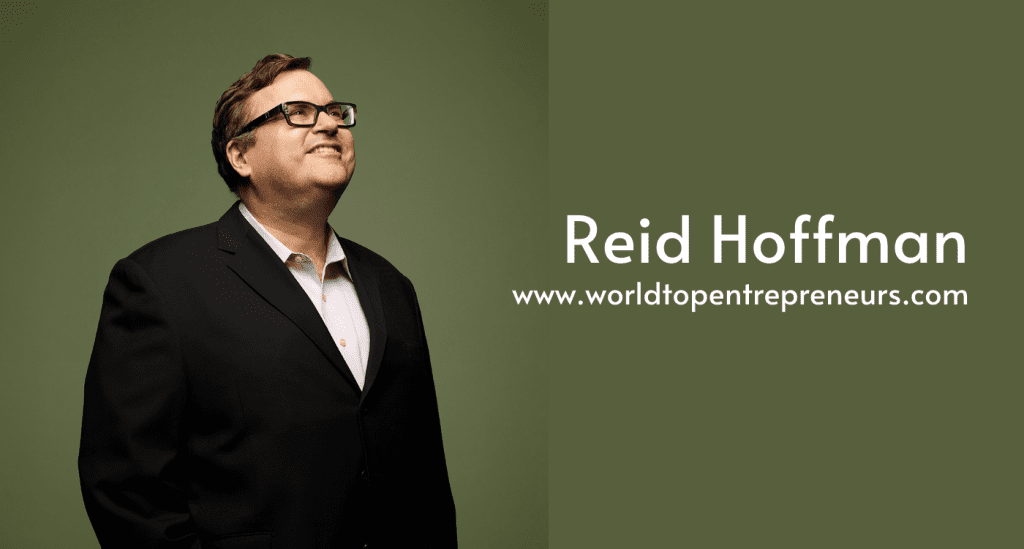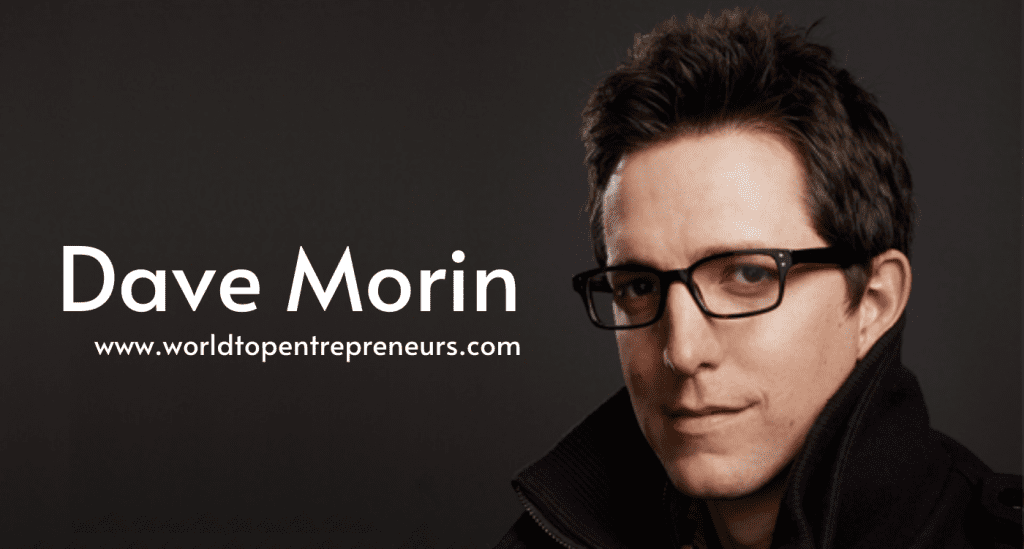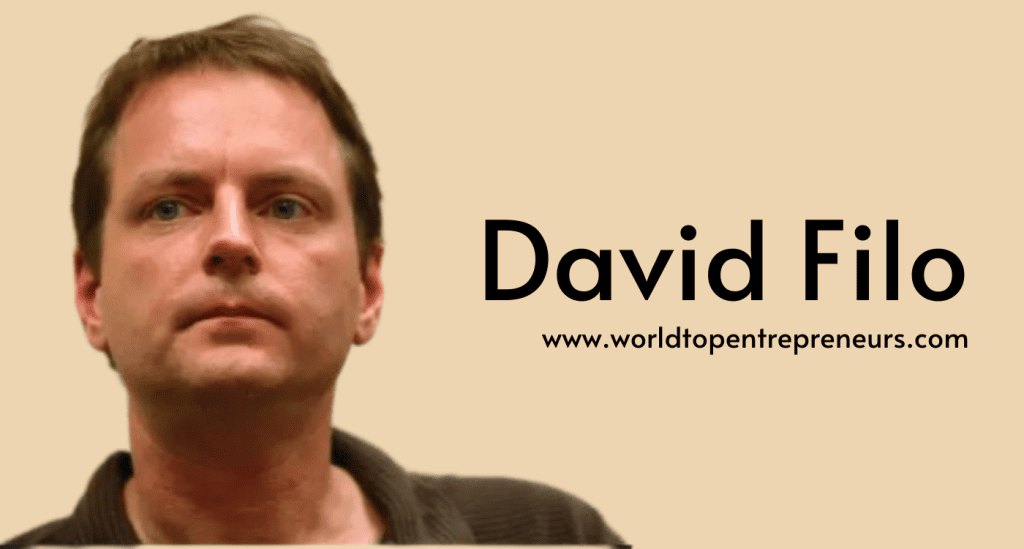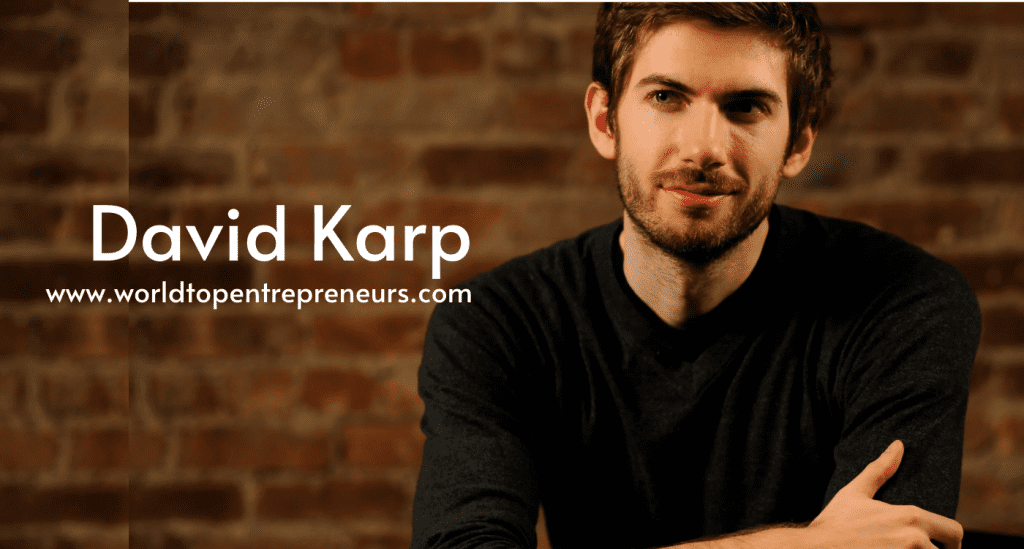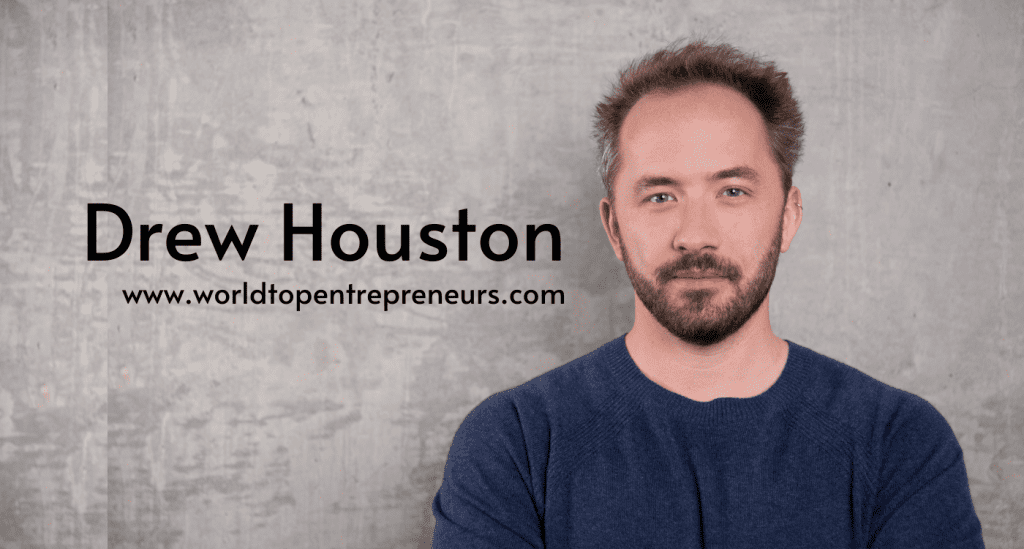In the ever-evolving landscape of technology and entrepreneurship, Reid Hoffman stands out as a prominent figure whose influence has shaped not just one industry but the very fabric of professional networking. As the co-founder of LinkedIn, Hoffman’s journey from a software engineer to a global thought leader provides a compelling narrative of innovation, strategic thinking, and relentless ambition. This article delves into Hoffman’s life, his contributions to the tech world, and his impact on the future of networking.
Early Life and Education
Reid Hoffman was born on August 5, 1967, in Palo Alto, California, a place that would later become synonymous with Silicon Valley’s tech boom. Growing up in an environment ripe with technological innovation, Hoffman’s early exposure to computers and software set the stage for his future career. His family was supportive, and his parents encouraged his intellectual curiosity, laying a strong foundation for his future endeavors.
Hoffman attended Stanford University, where he earned a Bachelor’s degree in Symbolic Systems, a field that integrates computer science with cognitive psychology and philosophy. This interdisciplinary education gave him a unique perspective on technology and human interaction, which would later play a crucial role in his career. Following Stanford, Hoffman pursued a Master’s degree in Philosophy at Oxford University, focusing on social theory. This blend of technical and philosophical education would later inform his approach to business and technology, emphasizing the importance of human connections and societal impact.
Early Career and Entrepreneurial Ventures
After completing his education, Hoffman’s career began in the tech industry, where he worked for various companies, including Apple and Fujitsu. His early roles provided him with valuable experience in software development and technology management. However, it was his stint at SocialNet, a company that aimed to create online social networks long before they became mainstream, that marked a pivotal moment in his career.
SocialNet’s failure was a significant learning experience for Hoffman. Despite the company’s lack of success, the experience was invaluable in shaping his future ventures. He learned crucial lessons about market timing, user needs, and the importance of network effects, all of which would be critical in his later success with LinkedIn.
The Birth of LinkedIn
In 2002, Reid Hoffman co-founded LinkedIn with the vision of creating a professional networking platform that would enable individuals to connect, share, and advance their careers. The idea was simple yet revolutionary: to leverage the power of the internet to build a global network of professionals who could support each other’s careers and business ventures.
Hoffman and his team faced numerous challenges in the early days. The concept of online professional networking was still nascent, and convincing people to join and engage on a platform that was not yet widely recognized was a significant hurdle. However, Hoffman’s strategic insight and relentless drive played a crucial role in overcoming these obstacles. He understood the power of network effects—where the value of a service increases as more people use it—and focused on building a robust, user-friendly platform that would attract professionals from various industries.
One of LinkedIn’s key innovations was its emphasis on real-world professional relationships. Unlike other social networks that focused on personal interactions, LinkedIn was designed to foster professional connections and opportunities. This focus on professionalism and networking set it apart from its competitors and contributed to its rapid growth.
Growth and Evolution
Under Hoffman’s leadership, LinkedIn grew exponentially. The platform’s user base expanded from a few thousand to millions within a few years, and it became the go-to resource for job seekers, recruiters, and professionals looking to build their networks. LinkedIn’s success was driven by several factors, including its user-centric approach, its commitment to data privacy, and its innovative features, such as endorsements and recommendations.
Hoffman’s strategic decisions also played a crucial role in LinkedIn’s growth. He recognized the importance of acquisitions in scaling the company and expanding its capabilities. LinkedIn acquired several companies, including Lynda.com, a leading online learning platform, which allowed LinkedIn to offer educational content and further enhance its value proposition to users.
In 2011, LinkedIn went public, marking a significant milestone in its journey. The IPO was a testament to the platform’s success and its impact on the professional networking landscape. Hoffman’s vision had transformed LinkedIn from a startup into a global powerhouse, and the company’s continued growth underscored the relevance and importance of professional networking in the digital age.
Impact on the Tech Industry
Reid Hoffman’s influence extends far beyond LinkedIn. His contributions to the tech industry have been significant, and his insights have shaped the way technology companies approach growth and innovation. Hoffman’s understanding of network effects and his ability to identify and capitalize on emerging trends have made him a sought-after advisor and investor in the tech world.
As an angel investor, Hoffman has backed several successful startups, including Facebook, Airbnb, and PayPal. His investments reflect his keen eye for potential and his belief in the transformative power of technology. Hoffman’s involvement in these companies has helped them scale and achieve significant success, further cementing his reputation as a visionary in the tech industry.
Hoffman is also known for his thought leadership and contributions to the broader discourse on technology and society. He has written extensively on topics such as entrepreneurship, innovation, and the future of work. His book, “The Startup of You,” co-authored with Ben Casnocha, provides valuable insights into the entrepreneurial mindset and offers practical advice for individuals looking to navigate the complexities of the modern job market.
The Future of Networking
Looking ahead, Reid Hoffman’s vision for the future of networking continues to evolve. He believes that technology will play an increasingly central role in shaping professional relationships and opportunities. Hoffman is particularly interested in the impact of artificial intelligence (AI) and machine learning on networking and job searching.
AI has the potential to revolutionize the way professionals connect and interact. For example, AI-driven algorithms could provide more personalized job recommendations, enhance networking opportunities, and facilitate better matches between employers and job seekers. Hoffman’s forward-thinking approach ensures that he remains at the forefront of these developments, advocating for innovations that enhance the value and effectiveness of professional networking.
Additionally, Hoffman is passionate about the concept of “networked individuals,” where technology enables people to build and leverage their networks more effectively. He envisions a future where individuals can seamlessly connect with others across industries and geographies, creating a more interconnected and collaborative professional world.
Philanthropy and Social Impact
Reid Hoffman’s commitment to social impact is evident in his philanthropic efforts and involvement in various causes. He has supported numerous initiatives aimed at addressing social challenges and promoting positive change. Hoffman’s philanthropic work includes contributions to education, public health, and social justice.
One notable example is his support for the nonprofit organization “Endeavor,” which focuses on promoting entrepreneurship in emerging markets. By investing in high-impact entrepreneurs, Endeavor helps create jobs and drive economic development in underserved regions. Hoffman’s support for Endeavor reflects his belief in the power of entrepreneurship to transform lives and communities.
Hoffman is also an advocate for responsible technology development and ethical considerations in the tech industry. He has spoken out on issues such as data privacy, algorithmic bias, and the need for transparency in AI. His advocacy for ethical tech practices highlights his commitment to ensuring that technology serves the greater good and contributes positively to society.
Personal Philosophy and Leadership Style
Reid Hoffman’s personal philosophy and leadership style have been instrumental in his success. Known for his strategic thinking, visionary leadership, and ability to inspire others, Hoffman embodies the qualities of a true innovator and leader.
Hoffman’s approach to leadership is characterized by a focus on collaboration and empowering others. He believes in building strong teams and fostering a culture of innovation and creativity. His leadership style emphasizes the importance of adaptability and resilience, qualities that have been crucial in navigating the rapidly changing tech landscape.
Moreover, Hoffman is known for his emphasis on continuous learning and growth. He encourages others to embrace a mindset of curiosity and exploration, viewing challenges as opportunities for learning and development. This mindset has been a driving force behind his success and has inspired many in the tech community.
Legacy and Impact
Reid Hoffman’s legacy is defined by his contributions to technology, entrepreneurship, and professional networking. As the co-founder of LinkedIn, he revolutionized the way people connect and advance their careers, creating a platform that has become an integral part of the professional world. His impact extends beyond LinkedIn, influencing the broader tech industry through his investments, thought leadership, and commitment to ethical technology practices.
Hoffman’s vision for the future of networking and technology continues to shape the industry. His forward-thinking approach and dedication to innovation ensure that he remains a key player in the evolving tech landscape. As technology continues to advance and reshape the way we work and connect, Reid Hoffman’s legacy will undoubtedly continue to inspire and influence future generations of entrepreneurs and innovators.
In conclusion, Reid Hoffman’s journey from a curious student to a global tech visionary is a testament to the power of vision, innovation, and perseverance. His contributions to LinkedIn and the tech industry have left an indelible mark, and his continued efforts to shape the future of networking and technology demonstrate his unwavering commitment to making a positive impact on the world. Reid Hoffman’s story is one of transformative success, and his influence will be felt for years to come.

